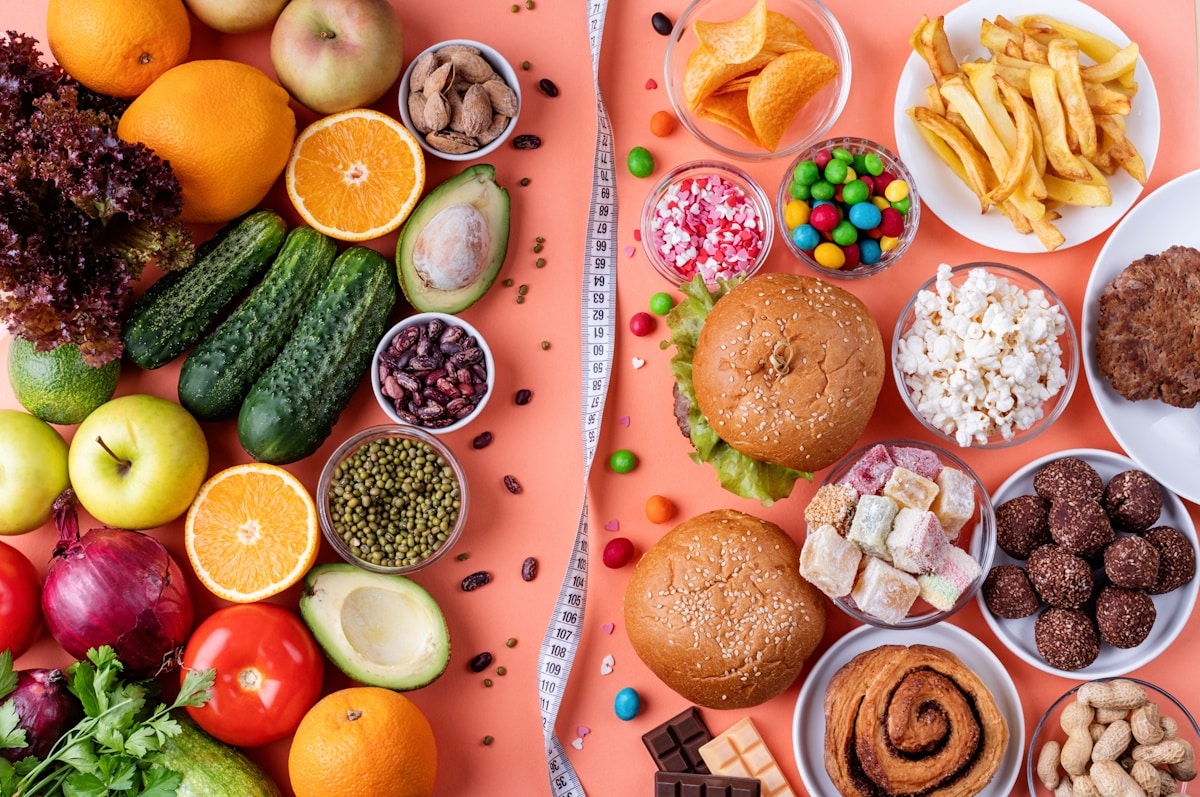Men often concern themselves with their testosterone levels, whether they’re too high or too low. Testosterone, crucial for male characteristics, can fluctuate significantly. Some men face testosterone deficiency, leading to issues like muscle loss and low libido, while others, often athletes, may have excessively high levels due to steroid use. Lowering testosterone can be beneficial in cases like prostate cancer treatment. While medications are a standard approach, some wonder about natural methods, like dietary changes. Let’s explore if and how food affects testosterone levels.
Can Your Diet Affect Testosterone?
Normal testosterone levels range between 300 to 1,000 ng/dl, with daily fluctuations. Claims suggest certain foods can influence testosterone levels, but scientific evidence supporting this is limited.
However, here is a list of foods that may lower testosterone:
- Alcohol: Men who choose to consume alcohol should always imbibe responsibly by drinking no more than two drinks a day. However, regarding alcohol, this product does have the support of science in finding that men who drink heavily or drink chronically tend to have a decrease in their testosterone levels. But, this is not a healthy way, nor should it be encouraged as a way to induce the reduction of the levels of this hormone. Chronic heavy drinking can decrease testosterone levels, alongside impacting sperm quality.
- Processed Carbs: Studies link diets rich in processed carbs to lower testosterone levels.
- Flaxseeds: High in lignans, flaxseeds may reduce testosterone levels, as seen in some studies.
- Licorice Root: Consumption of licorice root has been associated with a notable reduction in testosterone levels in some studies.
- Mint: While mainly studied in women, mint consumption might lower testosterone levels, though more research in men is needed.
- Nuts: Certain nuts, like walnuts and almonds, may increase sex hormone-binding globulin, lowering free testosterone levels.
- Soy Foods: Despite concerns, soy foods haven’t been found to alter testosterone levels in men significantly.
Why Lower Testosterone?
Lowering testosterone levels is crucial in prostate cancer treatment. Androgen deprivation therapy (ADT) limits testosterone supply to cancer cells, aiding in their suppression or elimination.
Factors Influencing Testosterone Levels
- Steroid Use: Artificially elevating testosterone levels through steroids can lead to various health risks.
- Genetics: Some individuals may naturally have higher testosterone levels due to genetic factors.
- Tumors: Tumors in the adrenal glands or testicles can lead to excessive testosterone production.
Understanding Low Testosterone
Low testosterone levels (hypogonadism) can result from various factors affecting libido and sexual function.
Can Diet Impact Erectile Dysfunction?
While testosterone plays a role in erectile function, diet’s direct influence is uncertain. However, chili peppers, garlic, chocolate, and watermelon may indirectly benefit sexual health by improving blood circulation and libido.
In conclusion, while some foods may influence testosterone levels, the extent of their impact and broader health implications require further research. Understanding the interplay between diet, hormones, and health remains a complex and evolving field.


